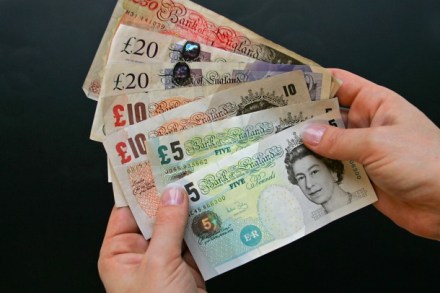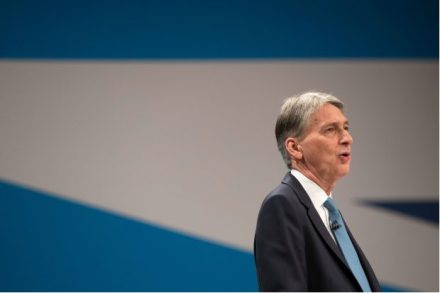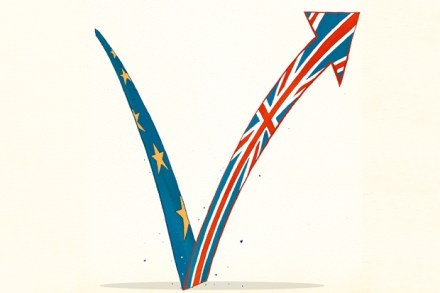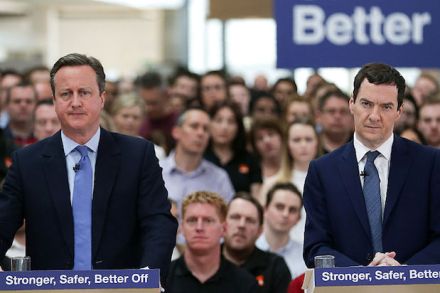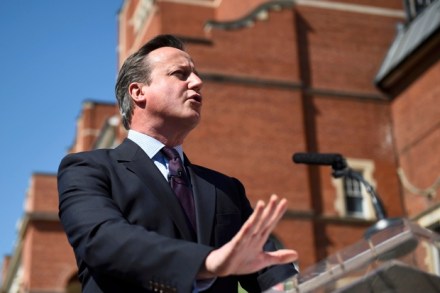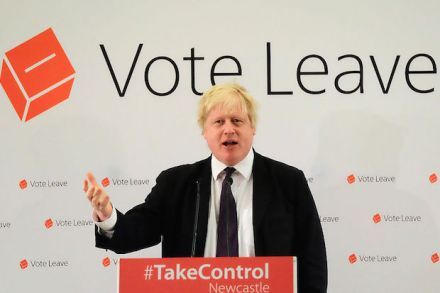Social investment is changing our economy
Social investment is starting to transform the way that parts of our economy work. Social investments include loans and shares into organisations whose principal purpose is social. They have grown by around 20 per cent a year for the last five years, according to Big Society Capital, the organisation that helps social enterprises and charities to raise finance. It estimates there is now £1.5 billion invested into social-purpose organisations, £427 million of which was new investment last year alone. The market is set to get a huge boost from social impact tax relief (SITR), which some are calling the Government’s best kept secret. SITR started in April 2014 and helps
